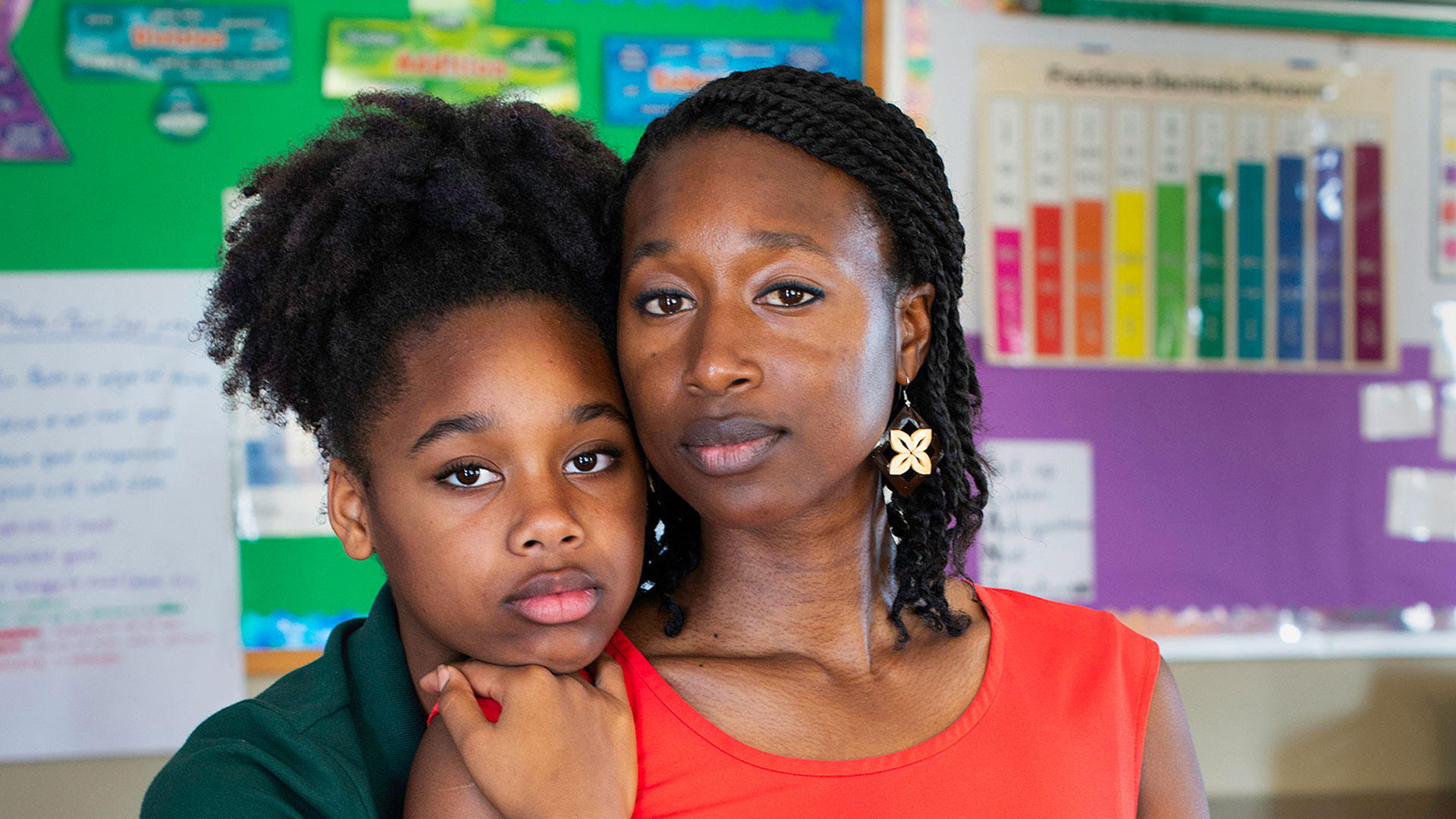Facebook, Google and hundreds of other companies that drive our digital lives call Silicon Valley home, but so do people who find it almost impossible to make ends meet, even if they are key to keeping billion-dollar industries running.
In a new book, photographer Mary Beth Meehan presents a series of portraits that show another side of the people who power the world’s tech capital.
Imelda
Imelda works for a cleaning company. Six days a week she is picked up early in the morning by a co-worker to drive her to Atherton, one of the wealthiest towns in the US. Owning or even renting a house is out of reach on her wage so Imelda lives in a trailer parked in a friend’s driveway and uses the bathroom and kitchen in her friend’s house, itself home to three generations living together. The flowers in the picture were a gift from one of her clients.
Ted
In 1962, Ted moved to Silicon Valley from Louisiana. He worked in construction and bought his house for $9,500. Belle Haven is a historically Black neighbourhood, located close to Facebook’s head office. Realtors are constantly sending letters, phoning and knocking on his door, asking if Ted would be willing to sell. His house is now valued at close to a million dollars. But Ted refuses to move: “If I sell my house,” he says, “where am I gonna go?”

Konstance
As a teacher, Konstance is one of the thousands of public servants in Silicon Valley who can’t afford to live in the area they work in. The commute from more affordable parts of San Francisco Bay can take hours on congested roads, so when Konstance and her two daughters were offered an apartment subsidised by Facebook near their Menlo Park headquarters, she was thrilled. The project was a pilot scheme however, and the family still face uncertainty.
Victor
Victor moved to Silicon Valley from El Salvador over 25 years ago. He lives in a small trailer in Mountain View, not far from Google’s campus. He used to live in an apartment nearby but had to leave when the rent increased. His trailer is one of many parked in a long line, where many other people who have lost their homes stay.









